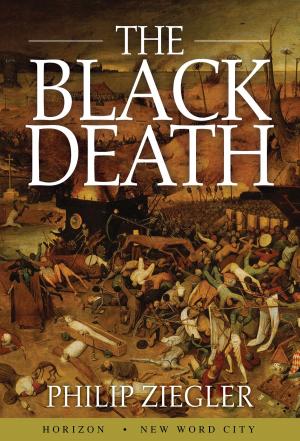| Author: | Charles L. Mee Jr. | ISBN: | 9781640191891 |
| Publisher: | New Word City, Inc. | Publication: | April 18, 2019 |
| Imprint: | Language: | English |
| Author: | Charles L. Mee Jr. |
| ISBN: | 9781640191891 |
| Publisher: | New Word City, Inc. |
| Publication: | April 18, 2019 |
| Imprint: | |
| Language: | English |
By the age of thirty-one, the scholarly monk Desiderius Erasmus was the most renowned and revered humanist theologian in Renaissance Europe. A sickly man, driven by a childhood fear of the plague, Erasmus devoted his life to the goal of uplifting people through faith, reason, and education. He satirized the corruption he found in the Roman Catholic Church in such brilliant works as The Praise of Folly and Julius Exclunis. Ironically, his painstaking translation of the New Testament, written to reconcile disputes and to aid in the internal purification of Church doctrine, had considerable influence on Martin Luther, militant leader of the Protestant Reformation. As the conflict between Luther and the Church grew fiercer, Erasmus refused to endorse either side, seeking instead to mediate the argument. Eventually, both sides denounced him, and Erasmus was discredited throughout Europe. Charles L. Mee Jr.'s finely observed, compelling biography gives the reader an excellent understanding of the ideas, people, and events that were shaping European thought just prior to the Reformation. His portrait of Erasmus, with all his faults and virtues, shows him to be a man whose philosophy and courage have special meaning for our times.
By the age of thirty-one, the scholarly monk Desiderius Erasmus was the most renowned and revered humanist theologian in Renaissance Europe. A sickly man, driven by a childhood fear of the plague, Erasmus devoted his life to the goal of uplifting people through faith, reason, and education. He satirized the corruption he found in the Roman Catholic Church in such brilliant works as The Praise of Folly and Julius Exclunis. Ironically, his painstaking translation of the New Testament, written to reconcile disputes and to aid in the internal purification of Church doctrine, had considerable influence on Martin Luther, militant leader of the Protestant Reformation. As the conflict between Luther and the Church grew fiercer, Erasmus refused to endorse either side, seeking instead to mediate the argument. Eventually, both sides denounced him, and Erasmus was discredited throughout Europe. Charles L. Mee Jr.'s finely observed, compelling biography gives the reader an excellent understanding of the ideas, people, and events that were shaping European thought just prior to the Reformation. His portrait of Erasmus, with all his faults and virtues, shows him to be a man whose philosophy and courage have special meaning for our times.















